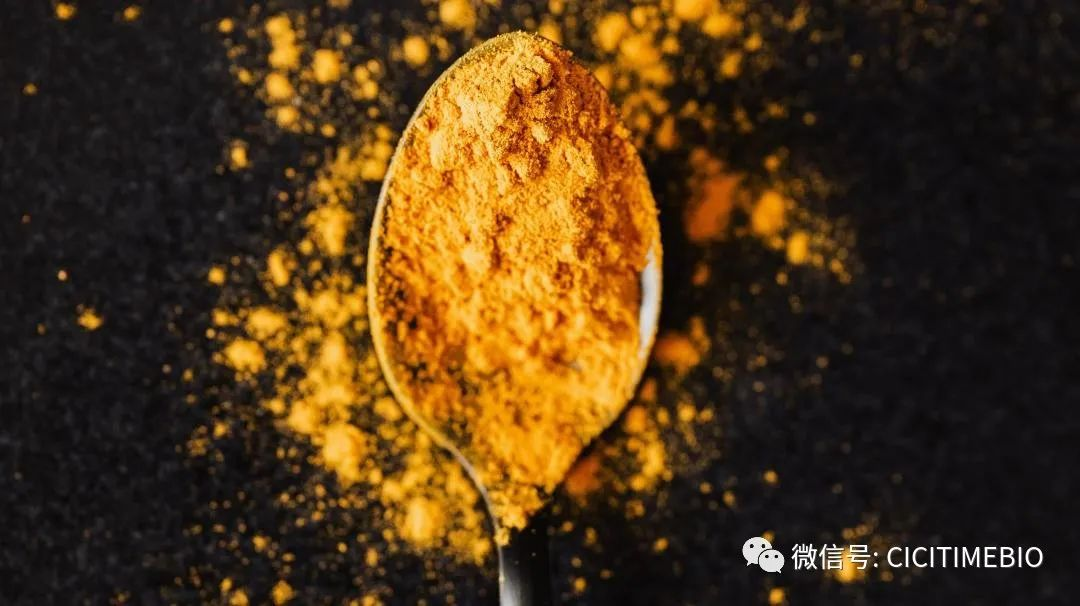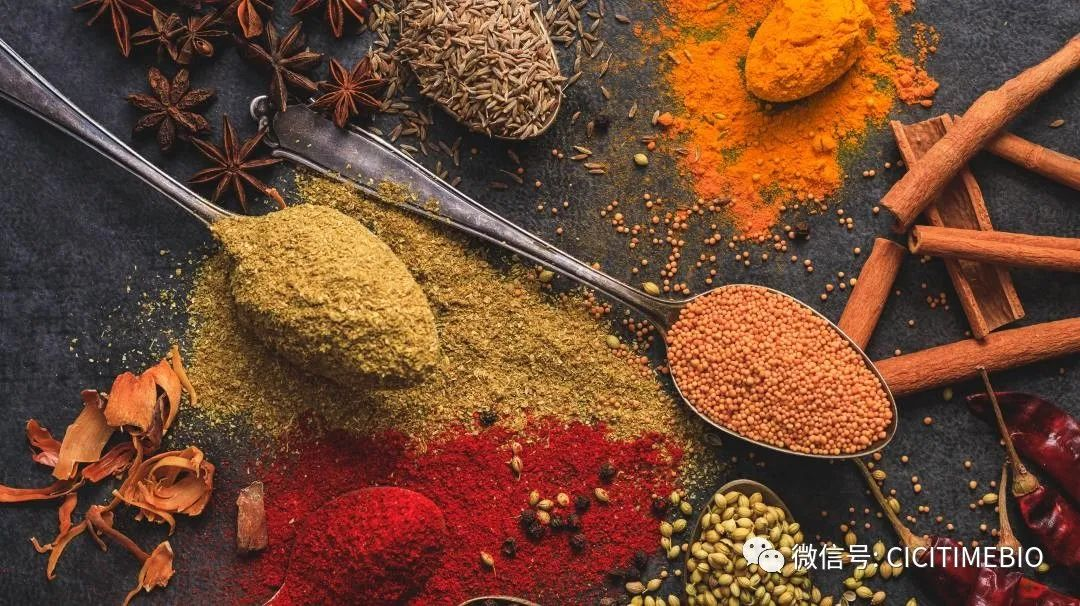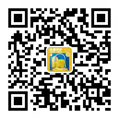This paper covers the pharmacological effects of curcumin in many aspects: such as antioxidant, anti-inflammatory, anti-cancer and anti-cancer, neuroprotective such as anti-Alzheimer's disease and anti-autism in children, repair and protection of liver function, anti-virus such as anti-AIDS , anti-cardiovascular disease, anti-autoimmune disease, etc.

In 2007, the most authoritative National Health Agency (NIH) in the United States approved curcumin for clinical trials against four diseases: rectal cancer, pancreatic cancer, senile dementia and multiple myeloma. Subsequently, clinical trials for various diseases such as breast cancer and osteoarthritis have also been approved for implementation.

Curcumin, called Curcumin in English, is a yellow powder extracted from the tubers of the plant Curcuma longa. According to records, the common people of the Indian subcontinent have been consuming turmeric for 5,000 years.
In China, turmeric is a commonly used traditional Chinese medicine. In the "Compendium of Materia Medica" by Li Shizhen of the Ming Dynasty, there is a detailed record of turmeric, saying that its medicinal properties are acrid, bitter, cold, and non-toxic. In addition to wind-heat and carbuncle swelling, turmeric is used in ancient recipes to treat arthralgia caused by rheumatism, and it can also treat unbearable heartache, and so on.

What are the therapeutic effects of curcumin?
Anti-inflammation
Curcumin can treat inflammation that is not caused by bacteria and viruses. Rheumatoid arthritis, frozen shoulder and other diseases that the elderly often get, are inflammations that belong to this category.
Inflammation is caused by some chemicals that can cause an inflammatory response to act on various parts of the body, such as prostaglandin (PG-E2), tumor necrosis factor (TNF) and so on. These harmful things are transformed from other chemical substances in the body. Take prostaglandins, for example, which are derived from a compound called arachidonic acid. This transformation must be catalyzed by an enzyme called cyclooxygenase (COX-2).
In a large number of experiments, it was found that curcumin can effectively inhibit the activity of cyclooxygenase. Without the catalysis of cyclooxygenase, arachidonic acid cannot be converted into prostaglandins, thus blocking the production of inflammatory responses. This is one of the principles of curcumin's anti-inflammatory effect.
The most effective anti-inflammatory drugs are steroid hormones such as cortisone and dexamethasone. But hormones suppress the human immune system and can cause great damage to multiple organs.
Another useful class of drugs are non-steroidal anti-inflammatory drugs. We usually use it for antipyretic and analgesic, such as aspirin, ibuprofen, paracetamol, etc. But aspirin can aggravate gastrointestinal ulcers, and ibuprofen and paracetamol can also damage liver function.
Current experiments have found that the anti-inflammatory effects of curcumin are even comparable to some steroid hormones. And so far, people have not found any toxic side effects of curcumin. This undoubtedly paints a very attractive prospect for the role of curcumin in the future anti-inflammatory field.
Anti-cancer and anti-cancer effects:
Researchers have found that curcumin is effective against many malignant cancer cells, such as breast cancer, pancreatic cancer, ovarian cancer, leukemia cells, and rectal cancer cells with a high incidence. The U.S. National Institutes of Health (NIH) has approved curcumin to begin clinical trials for the treatment of breast, rectal and pancreatic cancers.

Anti-oxidize effect:
Antioxidant is a very popular word in recent years. It stems from a theory devised 50 years ago by a man named Harman.
He believes that the aging and disease of an organism are due to the excess free radicals produced by the organism in the reaction of aerobic respiration, and if these excess free radicals react with the lipid membrane, DNA, and protein of cells, they can cause Oxidative damage.
As a result of this oxidative damage, the normal metabolic function of the organism is unbalanced, the integration ability of the cell itself is lost, the activity of many enzymes is changed, etc., and finally leads to diseases such as cancer, Parkinson's disease, Alzheimer's disease, and various inflammations .
One source of the free radicals responsible for these scourges is nitric oxide (NO), which in turn is converted from arginine, an amino acid, by the enzyme nitric oxide synthase (iNOS).
In such experiments, curcumin can very effectively inhibit the gene expression of nitric oxide synthase, play a role in reducing the production of nitric oxide in the body, and has a strong antioxidant effect.

nervous system protection
- Anti-Alzheimer's and Childhood Autism
Alzheimer's disease is a disease caused by nerve damage caused by the deposition of a protein called beta-amyloid (β-amyloid) on the brain ganglia to form scar-like things. This amyloid protein is also produced in the brain of normal people, but it is quickly broken down by an enzyme and removed. The activity of this enzyme in the brains of Alzheimer's patients is reduced or even lost, and the amyloid cannot be removed.
Curcumin can prevent the accumulation of amyloid protein in the brain by regulating the activity of enzymes and other effects, effectively preventing the deposition of this protein on the ganglia. This discovery undoubtedly opens up a new hope and direction for the treatment of this terrible disease.
Childhood autism (Autism) is an anxiety-provoking and heartbreaking disorder for parents, especially in a society where families can only have one child. The pathogenesis of autism is not very clear at present, there are several hypotheses, including genetics, food factors, heavy metal toxicity, etc., but they have not been confirmed so far. In 2004, researchers at Johns Hopkins University in the United States found that two kinds of immune system-related proteins, Cytokine and Chemokine, were abnormal in the brain tissue of patients with autism. Levels of these two proteins were also found in spinal fluid higher than normal, and both proteins are closely related to the inflammatory response. The evidence suggests a new theory for the cause of autism: that it may be related to certain inflammations that occur in brain tissue.
Curcumin has been confirmed to have excellent anti-inflammatory properties, which is why some people are now starting to try it to treat autism in children.






